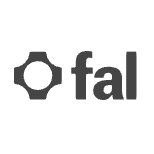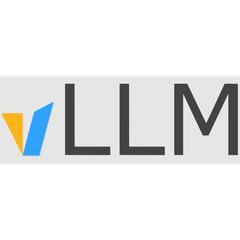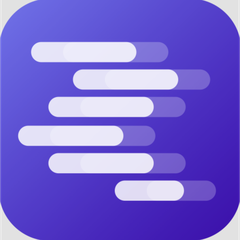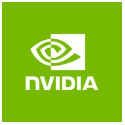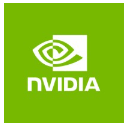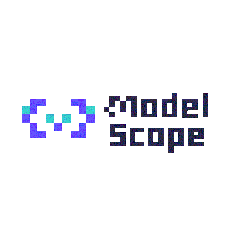
Open WebUI
Open WebUI is a self-hosted AI interface that seamlessly integrates with various LLM runners like Ollama and OpenAI-compatible APIs. It operates offline, features a built-in inference engine for Retrieval Augmented Generation, and allows users to create custom models. Its responsive design and offline PWA enhance user experience on any device.
Top Open WebUI Alternatives
Ollama
Ollama is a versatile platform available on macOS, Linux, and Windows that enables users to run AI models locally.
fal.ai
Fal.ai revolutionizes creativity with its lightning-fast Inference Engine™, delivering peak performance for diffusion models up to 400% faster than competitors.
Groq
Transitioning to Groq requires minimal effort—just three lines of code to replace existing providers like OpenAI.
VLLM
vLLM is a high-performance library tailored for efficient inference and serving of Large Language Models (LLMs).
LM Studio
LM Studio empowers users to effortlessly run large language models like Llama and DeepSeek directly on their computers, ensuring complete data privacy.
Synexa
Deploying AI models is made effortless with Synexa, enabling users to generate 5-second 480p videos and high-quality images through a single line of code.
NVIDIA TensorRT
It facilitates low-latency, high-throughput inference across various devices, including edge, workstations, and data centers, by...
NVIDIA NIM
It features accelerated inference engines, empowering enterprises to modernize their data centers while ensuring data...
ModelScope
Comprising three sub-networks—text feature extraction, diffusion model, and video visual space conversion—it utilizes a 1.7...
Msty
With one-click setup and offline functionality, it offers a seamless, privacy-focused experience...
Top Open WebUI Features
- Extensible AI interface
- Self-hosted deployment
- Operates entirely offline
- Supports multiple LLM runners
- Built-in inference engine
- Retrieval Augmented Generation
- Docker setup support
- Kubernetes integration
- Granular user permissions
- Secure user groups
- Responsive design across devices
- Full Markdown support
- LaTeX support
- Progressive Web App functionality
- Offline mobile access
- Custom model creation
- Direct Ollama model integration
- User-friendly interface
- Versatile AI management
- High user adoption rate

